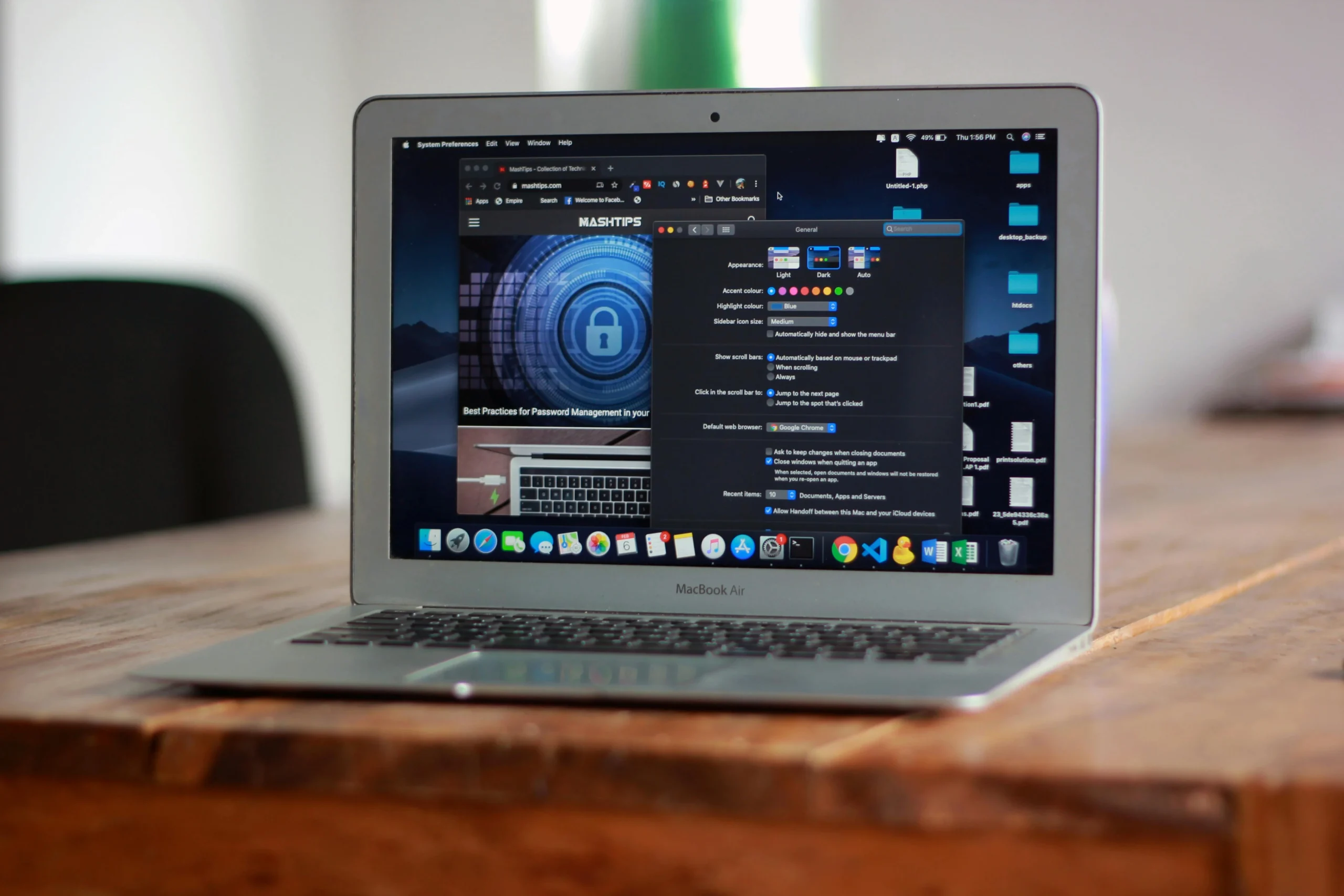Cybercriminals impersonate indie game pages by creating convincing itch.io-style websites and sending links via Discord DMs, often from compromised friends’ accounts. These fake pages lure users into downloading a seemingly harmless Setup Game.exe file that runs without visible feedback, masking its true purpose. The loader executes encoded PowerShell scripts directly in memory, hiding windows and trying to elevate privileges while setting up a Node.js toolkit for flexible malicious operations.
The malware avoids immediate detection by terminating common browsers to prevent immediate investigation and performs environment checks to confirm it’s running on a real machine before downloading the main payload. This payload can include backdoors, keyloggers, or miners, enabling persistent breach and further compromise. Victims risk account takeovers, data theft, and unauthorized spread of malware within their networks.
Users should be vigilant of unsolicited game testing requests, suspicious downloads lacking installer UI, and unusual folders or processes. Infected users need to disconnect the impacted device, change credentials on a clean device, enable two-factor authentication, and conduct thorough malware scans. The exploitation of indie game communities highlights the importance of verifying links and maintaining security hygiene to protect trust within gaming ecosystems.
👉 Pročitaj original: Malware Bytes







